 |
| August 10, 2020 |
Dear Reader,
Are we living in a simulation? The proposition that the world is a sham is not new; it's been cropping up for thousands of years across different cultures, from China to ancient Greece. In our lead story, astronomer Caleb Scharf says the neatest test of the hypothesis would be to crash the system that runs our simulation. Next up, new research could let scientists co-opt biology's basic building block—the cell—to construct materials and structures within organisms. A study shows how to make specific cells produce electricity-carrying (or blocking) polymers on their surfaces. And lastly, a new film "Radioactive" celebrates Marie Curie's brilliance, it also reveals her courage as a female scientist struggling with the male-dominated scientific community. |
| | Sunya Bhutta, Senior Editor, Audience Engagement
@sunyaaa | |
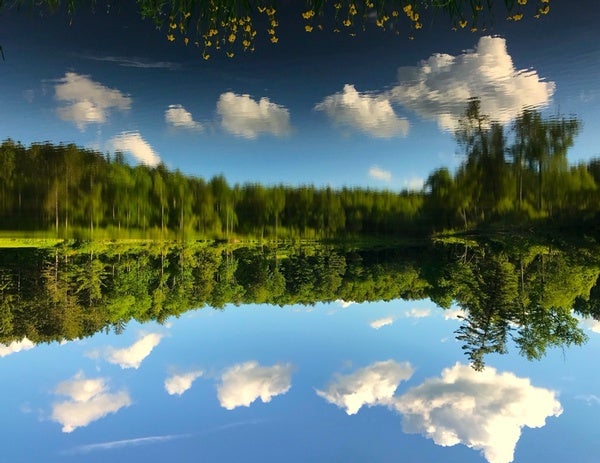 |
| |
| |
| |
| |
| |
| |
| |
| |
| |
| |
FROM THE STORE
 | | | |
| |
FROM THE ARCHIVE
 | | | |
LATEST ISSUES
 |
| |
| Questions? Comments?  | |
| Download the Scientific American App |
| |
| |




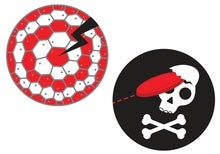

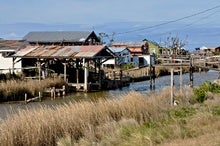
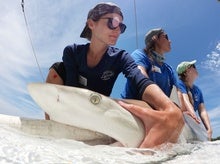
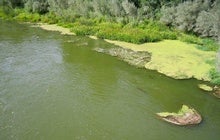
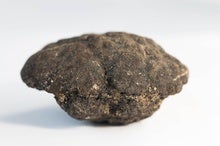

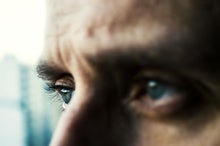
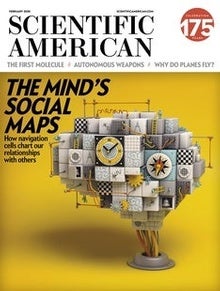

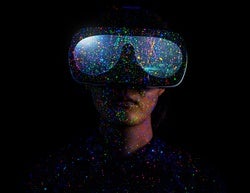
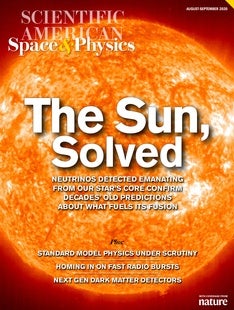

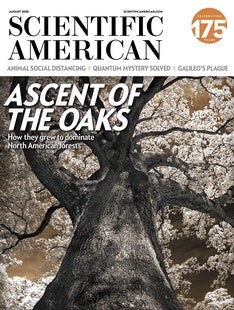
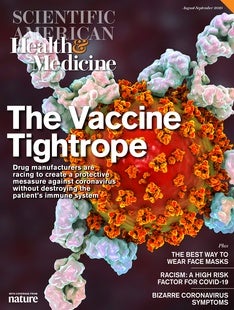
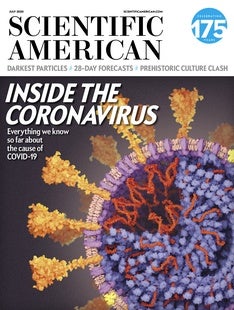



Comments
Post a Comment